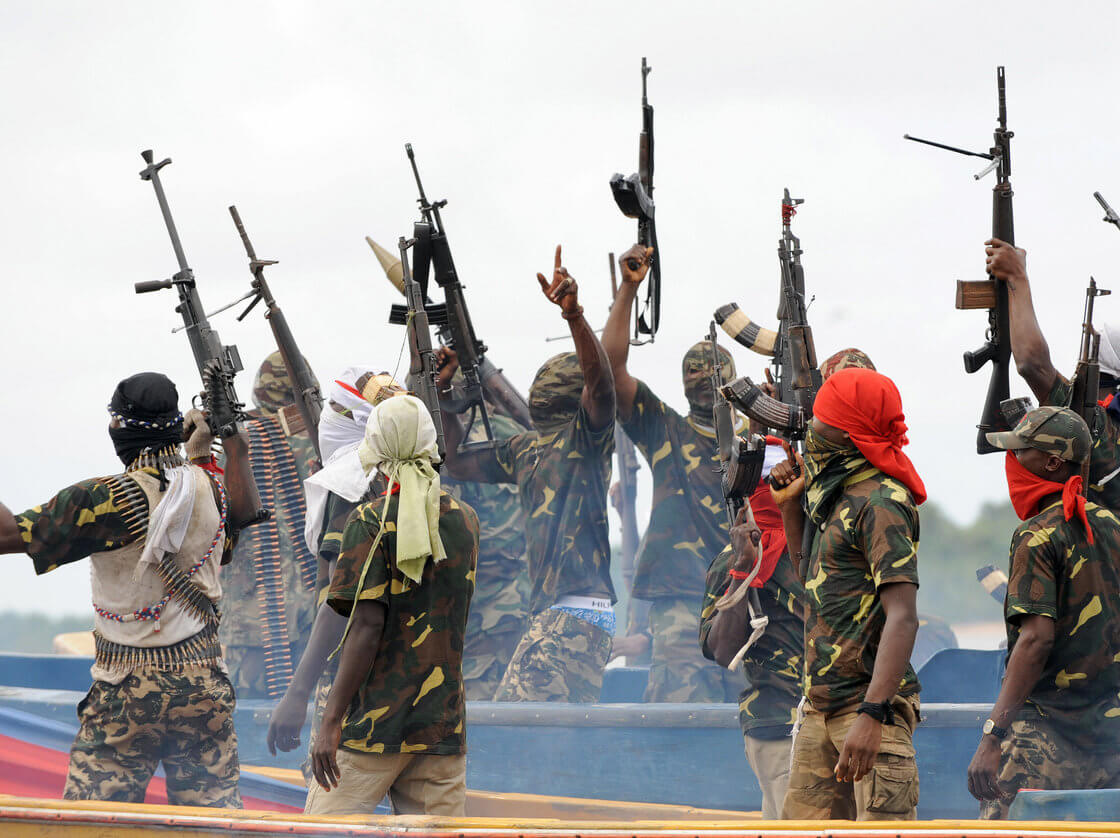The federal government has disclosed plans to bring to a halt, the crisis in the Niger-Delta region of the country by the end of the first quarter of 2023.
The National Security Adviser (NSA), Babagana Monguno revealed this while briefing journalists at the State House on Thursday.
Advertisement
Monguno blamed the lack of cooperation from residents within the precinct of the Niger-Delta, for the prevalent crisis in the region, but noted that the federal government was exploring new frontiers to curb the issue.
“The Ministry of Niger Delta as well as Ministry of Petroleum Resources and other entities have converged and they are working on something. They are trying to use a method that have not been used before.
“I am not at liberty to say what, but we are hoping that before the end of the first quarter of next year there will be a significant improvement,” Muguno said.
The NSA noted that the security situation in the Niger Delta is a combination of many factors, and the security agencies have been partnering with international oil companies and other entities like the Ministry of the Niger Delta, Niger Delta Development Commission (NDDC), and Amnesty program to fight the menace.
Advertisement
“Nothing seem to be working because the resolve that is required from those people inhabiting those areas have not been able to help the security agencies to solve this problem; everything is about intelligence and people go about vandalising pipelines and other things.
“For as long as security agencies are shielded from getting information, as long as the oil companies, obviously there will be collaborators undoubtedly but the best way to deal with this situation is to work with the security agencies, intelligence agencies and also self-help in the sense that each small community needs the kind of activity that block the emergency of these activities,” he added.
Speaking on the prevalent issue of oil theft, the NSA said the Gulf of Guinea has been identified as a challenging sea route for merchant oil tankers and fishing vessels due to the threat of piracy.
He revealed that the frequency of the piracy incidences had resulted in a negative global assessment of Nigeria’s maritime environment.
“However, in response to these maritime concerns, the Nigeria Navy in collaboration with other maritime security agencies and both regionally and international has been able to significantly curb the scale of privacy in the region.
Advertisement
“This is largely been due to the support of the Falcon eye, an intelligence driven maritime domain awareness facility which has enable numerous interceptions of maritime criminals and by implication improved the security of the water ways for commercial activities,” he said.
The Falcon eye project is a comprehensive strategic coastal surveillance system, born out of the necessity to combat the myriad of challenges within the maritime sector including kidnapping of oil workers, sea robberies, piracy, crude oil theft, maritime terrorism, illegal bunker, hostage taking, human and acoustic smuggling, etcetera, perpetrated within the Nigerian maritime domain.
The strategic assets were designed to have complete coverage territory of Nigerian total waters up to 200 nautical miles, and the joint development zones Nigeria, Cameroon and Equatorial Guinea to enhance all maritime security.
The Falcon eye project was commissioned on July 13, 2021 and completed June 13, 2022.



